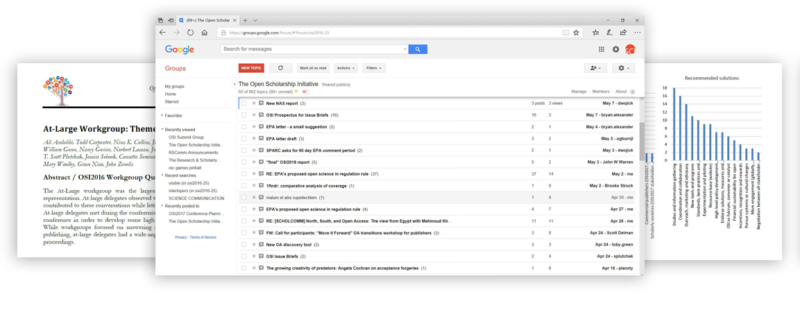Around 4 million research articles are published every year in perhaps as many as 90,000 different academic journals. These articles form a critically important foundation of knowledge. Today, rapid changes in publishing–both good and bad—combined with ever-present “publish or perish” pressures in academia are making it increasingly difficult to ensure the accuracy of all this work, keep track of it all, and maintain equitable access to the knowledge being created. OSI manages a global perspective on the rapidly evolving landscape of scholarly communication reform, and is working with partners in this space to help build a future that realizes the full potential of the open movement for everyone everywhere.





